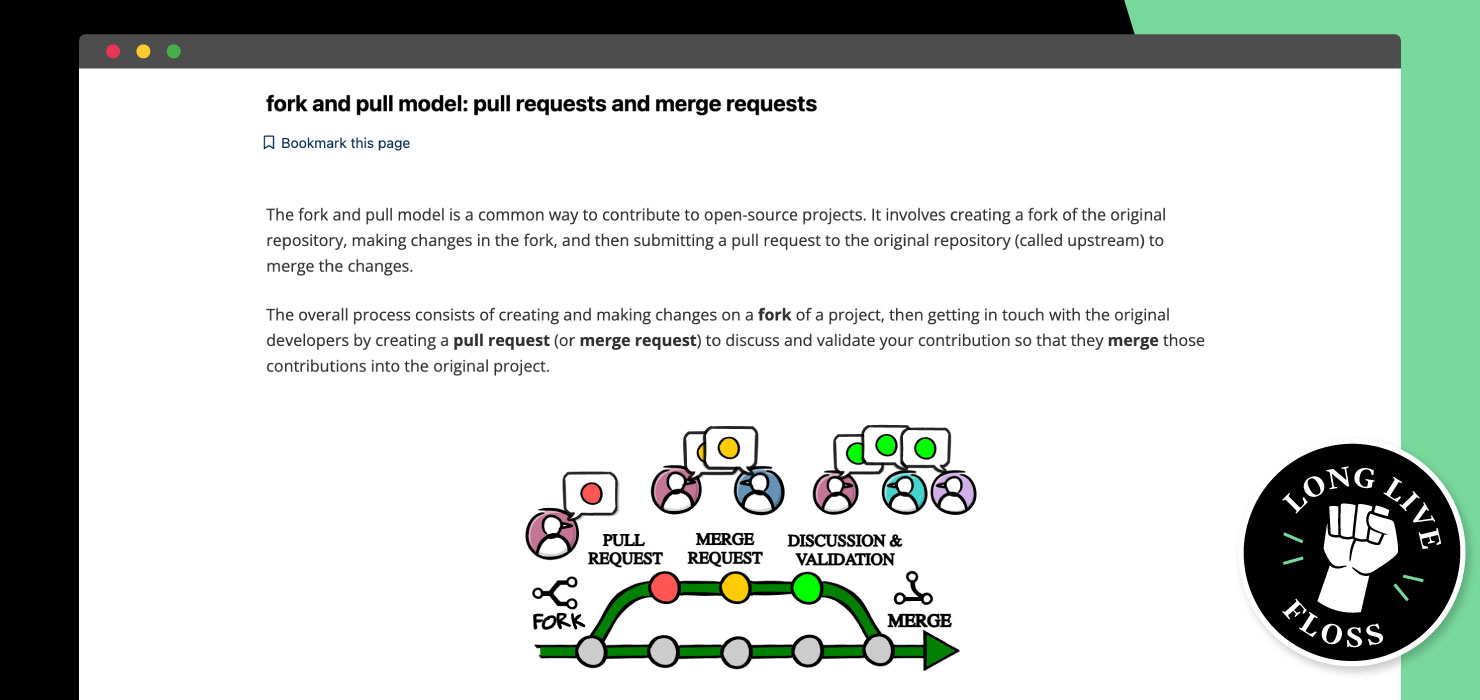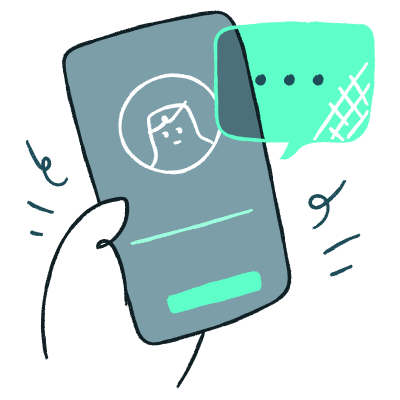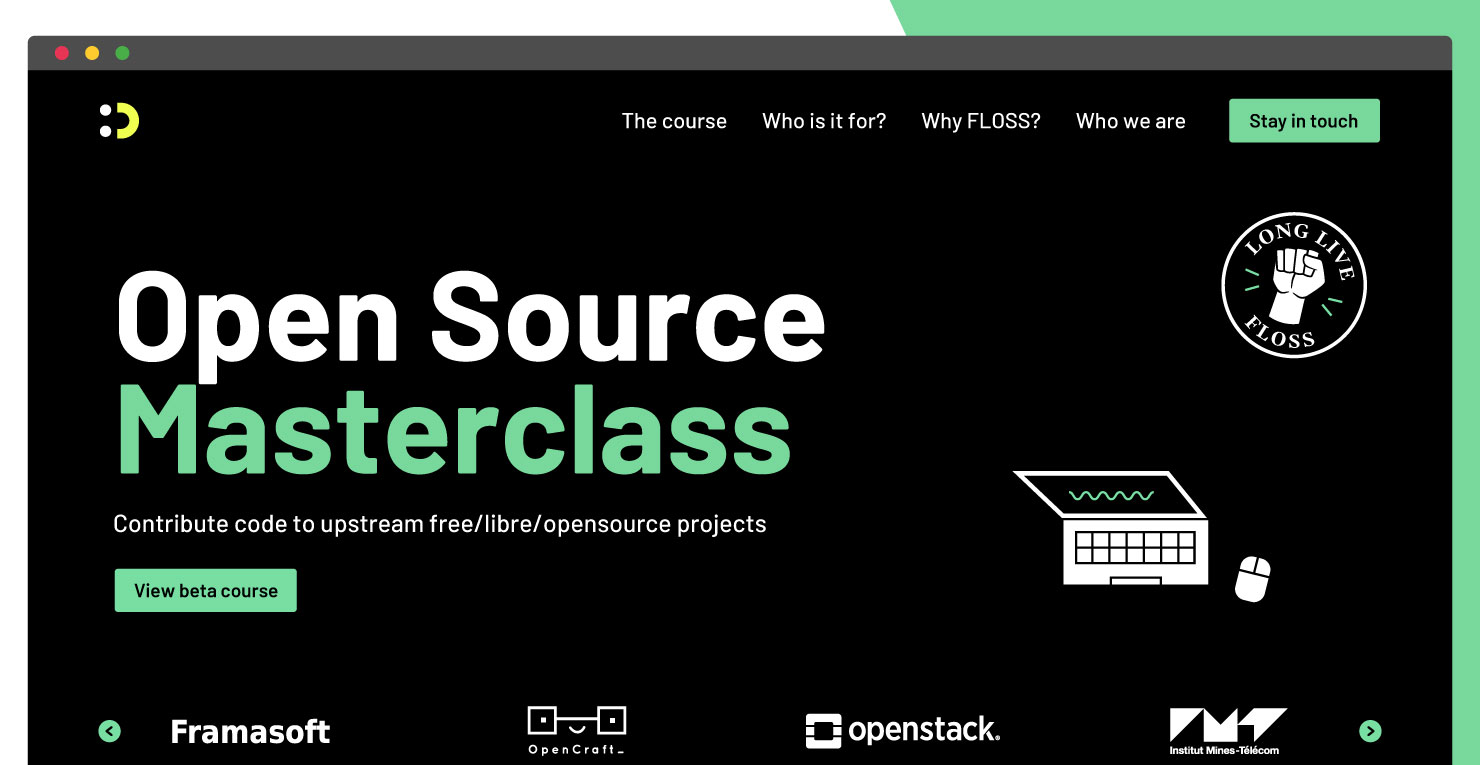
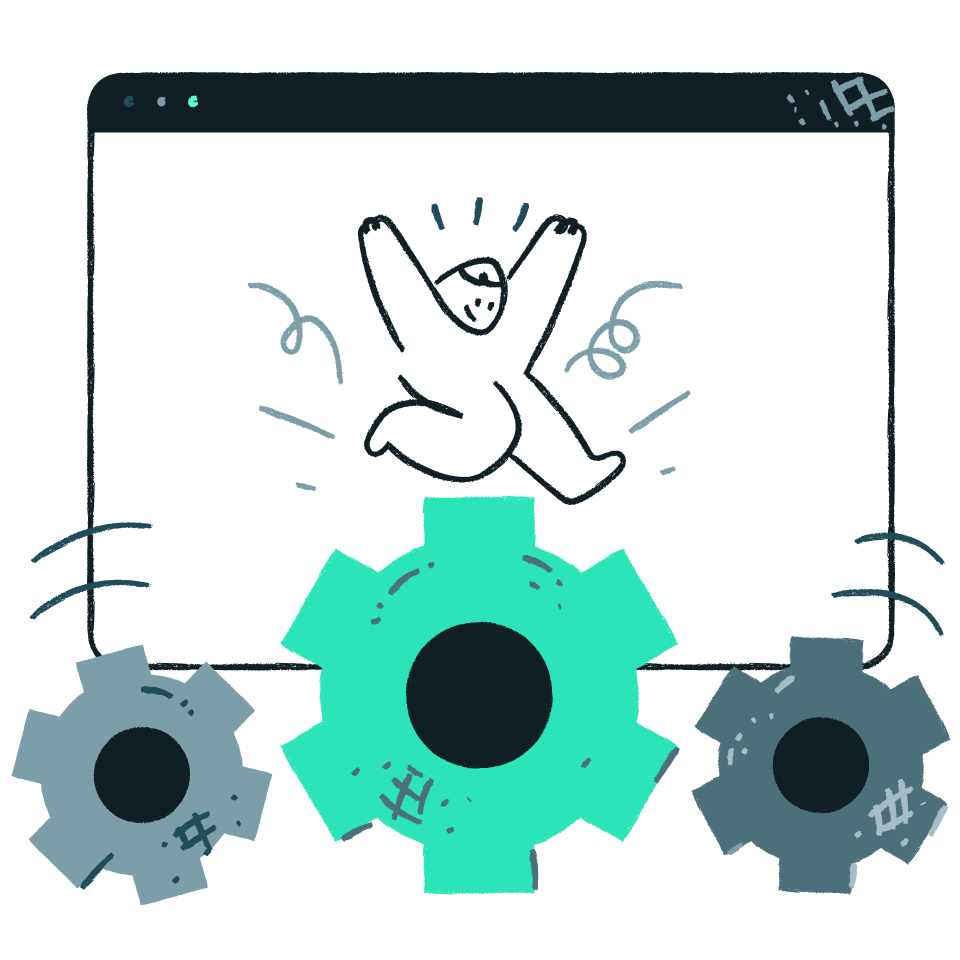

Jill noted, “Working and learning from contributors outside of Open edX® community was a great experience for me. Most planning and brainstorming was done asynchronously, but we found that synchronous sprints and meetings helped maintain the pace and quality of content development. To support our 'open first' policy, we organized intensive ‘remote sprint’ meetings. We also made the course content, including deployment code, issue list, and content, available publicly, and added an ‘Edit on GitLab’ feature to Open edX®, allowing students to submit change requests or share their own experiences more easily.”
Xavier’s motivation for involving OpenCraft was so others could follow in his footsteps and accelerate their journey to becoming open source contributors. As he puts it, “For OpenCraft, it’s always been about the community. The more you give, the more you receive. And the benefits extend to our clients, including the Ministry of Education, Ethiopia, and others. When they are empowered to use the tools, it helps everyone, including OpenCraft.”
Planning and contributing to the project was a good illustration of the “open first” approach. Live brainstorming sessions collected the team’s thoughts and lived experiences, leveraging nuanced understanding and judgment from long-time open source contributors and community members from diverse groups. According to Xavier, “It was not just telling GPT to write content about how to become an open source contributor. We went out to gather information, using methods borrowed from sociological research, like recorded and transcribed interviews and discussions. No LLM could have developed this content, simply because the concepts weren't written down anywhere, at least that I know of.”
We contributed in several ways, including:
Content:
Technical:
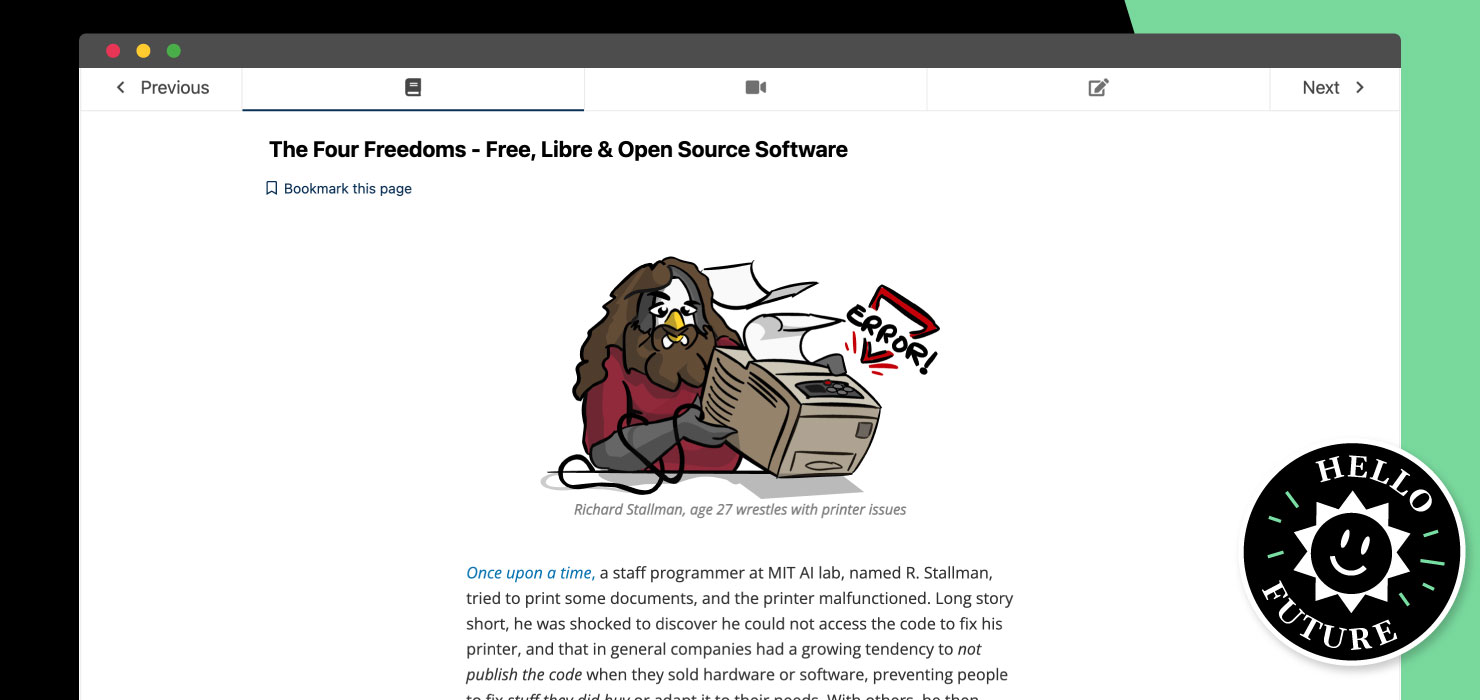
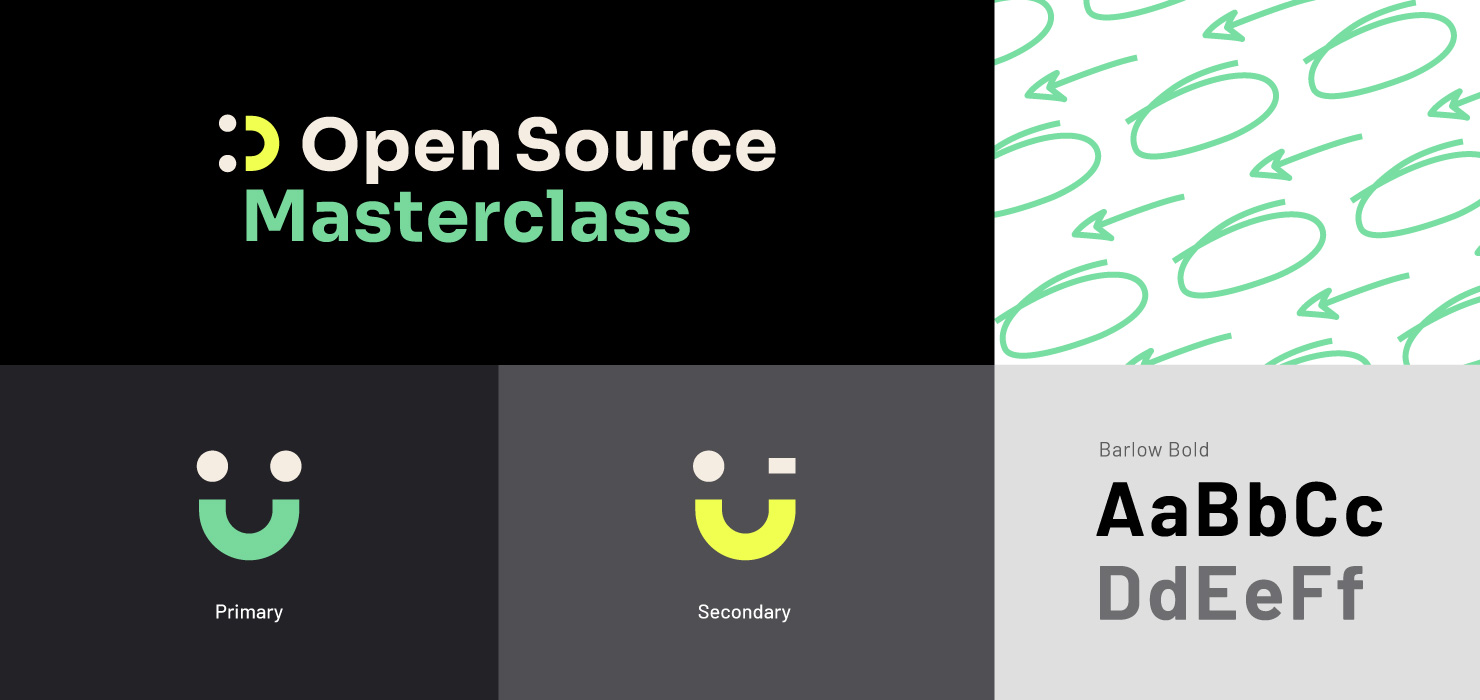
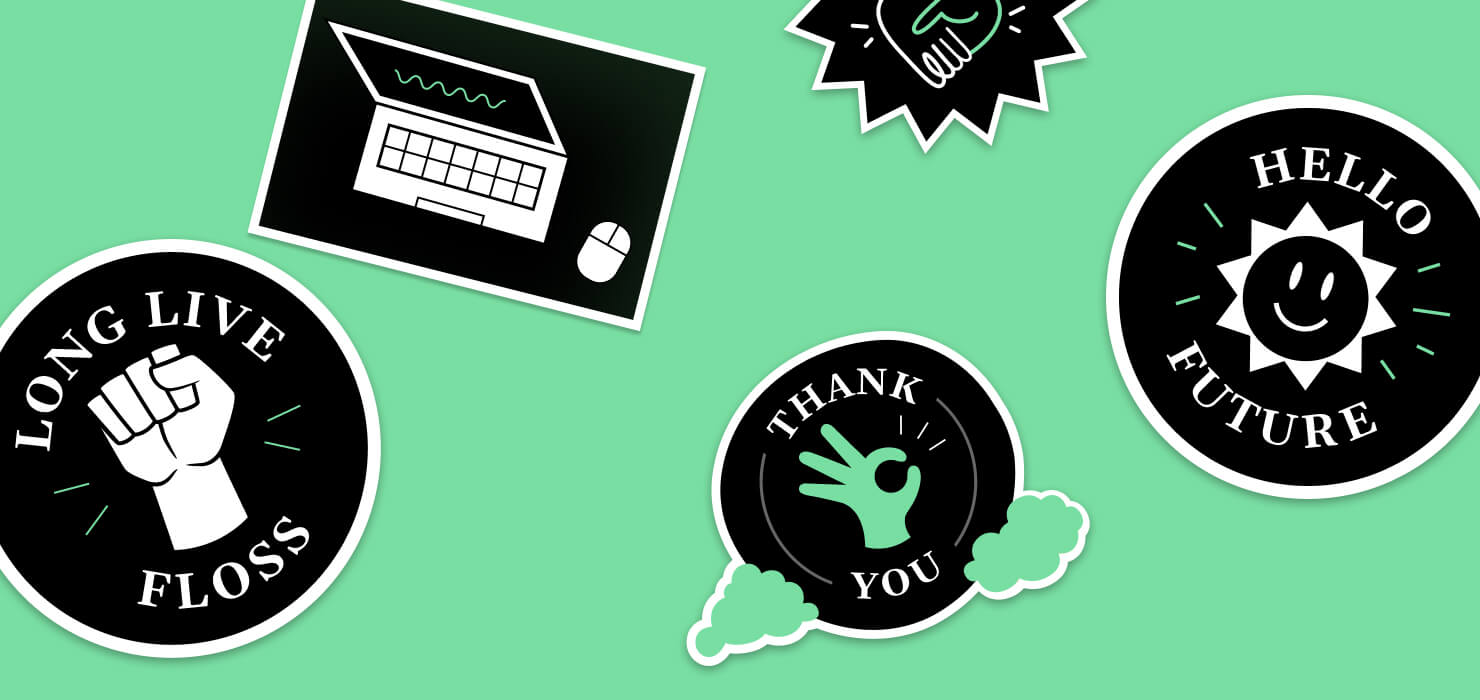
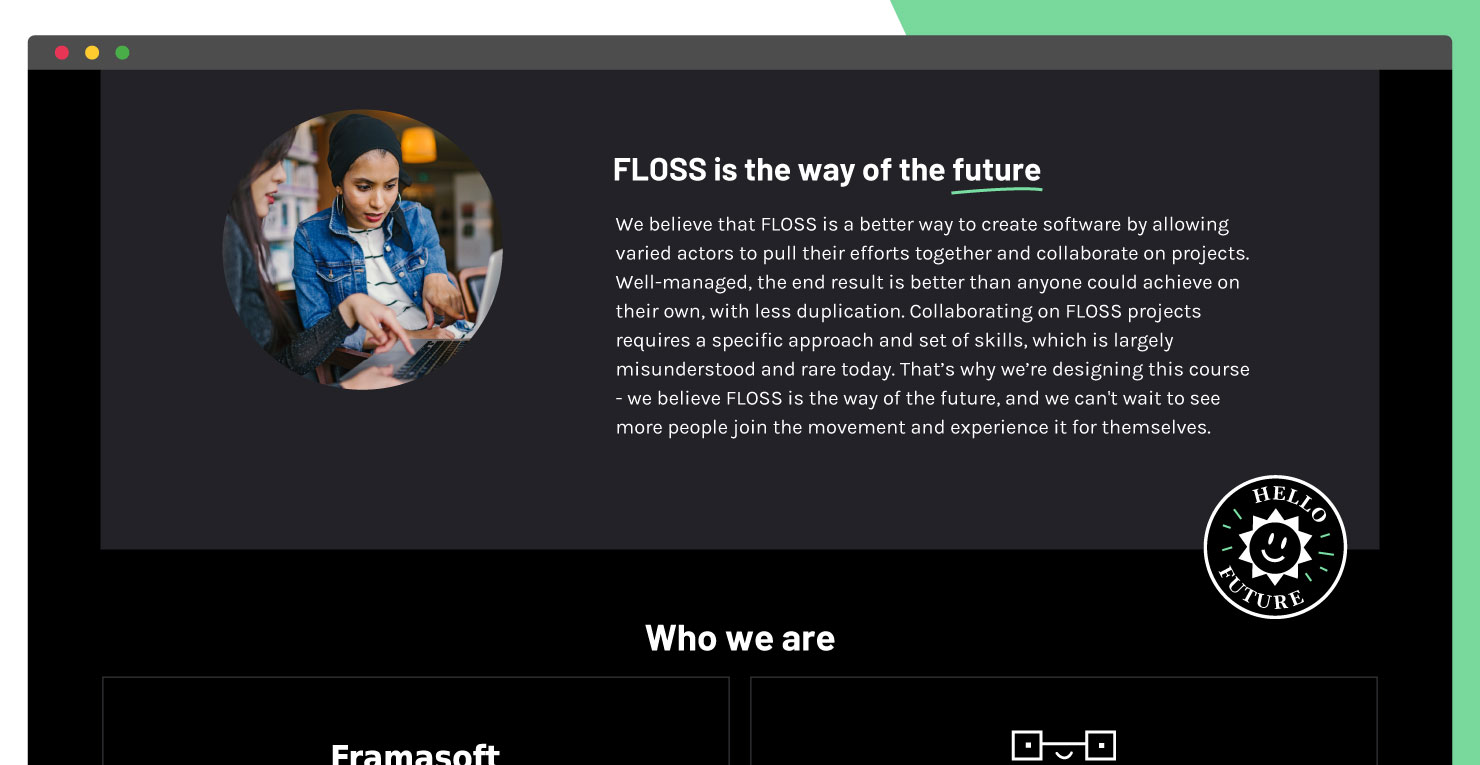
The Contributing to Free/Libre and Open Source Software course contains modules covering basic concepts, how-to tips, tools, and review sections all geared to helping participants quickly get up to speed on all things open source. Some of the most important topics are highlighted below:
The Open Source Masterclass is just one way OpenCraft is making a difference. Another way is our involvement in the The Open edX Core Contributor Program, and OpenCraft is proud to have more Core Contributors than any other organization in the community. Working with OpenCraft means having a say in how the Open edX® platform is developed and championed. We represent our clients in community working groups, tackling product design, marketing, development, writing code to advance the Open edX® software, and more.
